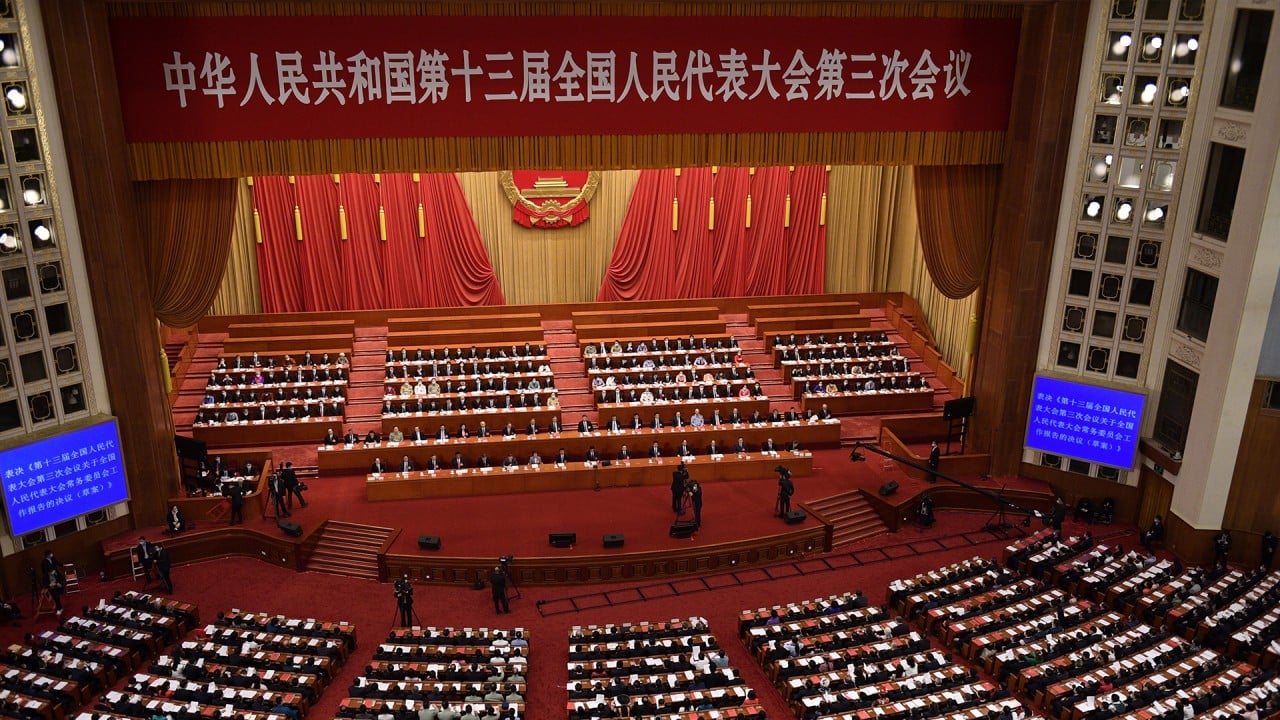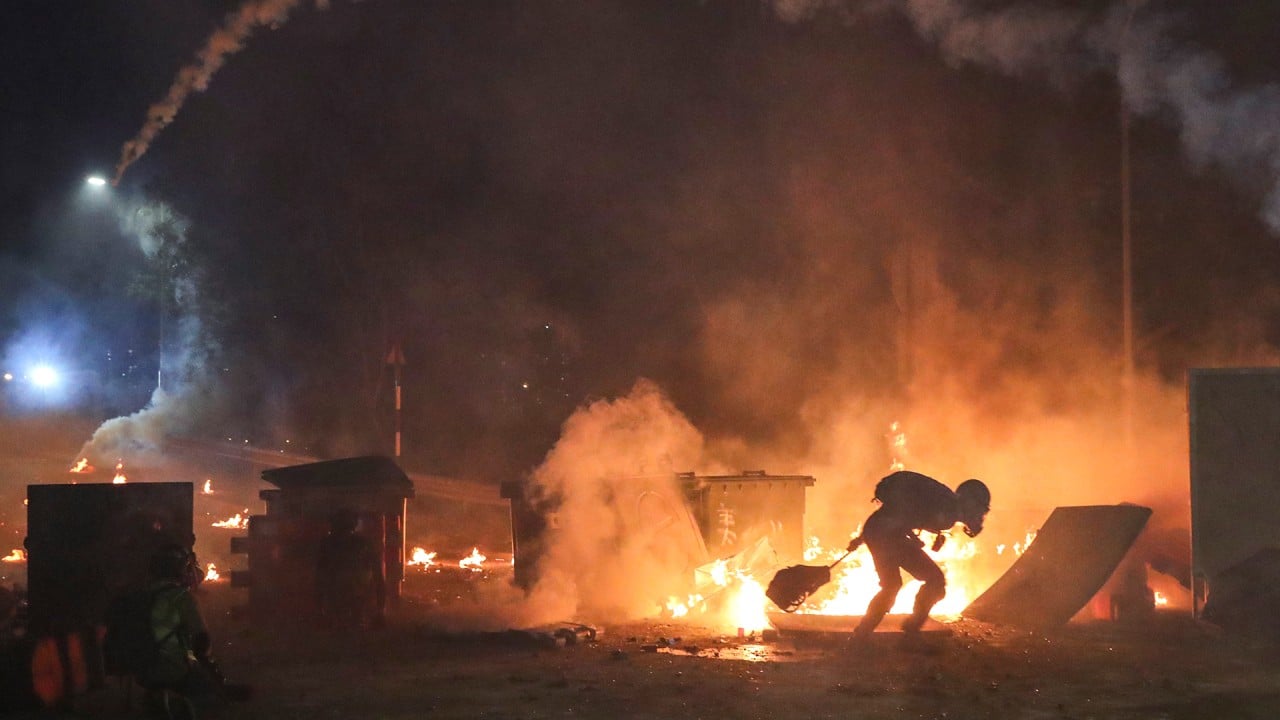
What will the national security law give Hong Kong, and what will it take?
- The way Beijing is rushing through the law – with no real consultation and little transparency – casts a sombre mood over the handover anniversary
- The few details known only add fear to the uncertainty. The most worrying features concern the court system – it appears Beijing does not entirely trust the city’s judges
Twenty-three years after returning to China, Hong Kong is facing another landmark transition with far-reaching ramifications for its future.
The manner in which the law is being passed is a timely reminder of the reason the “one country, two systems” arrangements are needed. This complex law, with its potential to curb freedoms, is being passed under the mainland’s system with undue haste and very little consultation in Hong Kong.

02:33
China’s top legislature approves national security bill for Hong Kong
There has been no public consultation of the kind we expect in Hong Kong. The full draft of the law is being kept under wraps until after it has been passed. This is unusual, even by mainland China’s standards. Hong Kong is being denied a much-needed opportunity to consider the wording of the law and to provide feedback.
But it was the failure by Lam’s administration to consult properly on a controversial extradition bill, since withdrawn, allowing suspects to be transferred for trial on the mainland that helped fuel the anti-government backlash.

07:11
Rebel City: SCMP journalists reflect on a year of covering Hong Kong’s civil unrest
Officials have sought to explain the law to representatives from various sectors. We may learn more in the coming days. But without sight of the full draft, it is impossible to understand how the law will be implemented and what impact it will have on Hong Kong’s way of life.
It revealed that the chief executive will head a new national security commission in Hong Kong, supervised by Beijing, to oversee enforcement of the law. A central government adviser will sit on the commission. Beijing will also set up a national security commissioner’s office in the city.
The division of power and precise roles played by these new bodies is unclear. It is difficult to see how their introduction will not further limit Hong Kong’s autonomy.
The most worrying features of the impending law concern the court system. It appears Beijing does not entirely trust the city’s judges. The chief executive is to be given the power to select serving or former judges to sit on national security cases.
This will flagrantly undermine the independence of the judiciary. Hong Kong’s judges are appointed by the chief executive, but on the recommendation of an independent commission. It is for the judiciary – not the government – to decide which judges sit on particular types of cases.
Allowing the chief executive to make the choice is like allowing one national football team to pick all the referees for the World Cup. National security cases will be prosecuted by the government. The chief executive, therefore, has an interest in these cases.

The Basic Law, Hong Kong’s de facto constitution, keeps the court systems on either side of the border completely separate. This was done to ensure people in Hong Kong could feel safe in the knowledge that, if they find themselves in court, they will be tried according to the city’s common law system with all its fair trial guarantees.
Allowing even a small number of cases to be tried on the mainland alters that fundamental position. If this is to happen, the circumstances in which it is to be permitted must be crystal clear. Will there be a role for Hong Kong courts in deciding whether a case is to be tried on the mainland?
The concern is that Beijing will reach in for certain prime suspects, sending them for trial on the mainland where Hong Kong’s safeguards do not exist.

03:08
Hongkongers fearing national security law see BN(O) passports as sign of hope
Promises have been made that the law will safeguard the city’s freedoms and respect human rights standards. But this can only work if Hong Kong’s courts are free to apply those standards and their decisions are respected.
One potential safeguard is Hong Kong’s jury system. The security cases will, no doubt, carry heavy prison terms. Most cases are, therefore, likely to end up before a jury. The jury system has long acted as a check and balance on the power of the authorities in common law jurisdictions.
Juries have, at times, acquitted defendants in cases which they feel are oppressive or political – even if the evidence and the directions of the judge point to a guilty verdict. It will be fascinating to see how the city’s jurors respond to the sensitivities of national security cases.
The law is anxiously awaited in Hong Kong. Its passing has been described as the city’s second handover. Precisely what is being handed over this time is not entirely clear. Hopefully, it will not be Hong Kong’s high degree of autonomy, rule of law and treasured freedoms.
Cliff Buddle is the Post’s editor of special projects

